With recent changes to WhatsApp’s Terms of Use, Signal has been on the lips of every privacy-minded individual. The messaging app has distinguished itself to be a more secure alternative to WhatsApp and provides encrypted voice and video calls, instant text, audio, and video messaging between individuals and groups.
But what is the Signal app used for? That’s what we’ll be discussing in this post below.
Related: How to Unlock Signal App
What is Signal?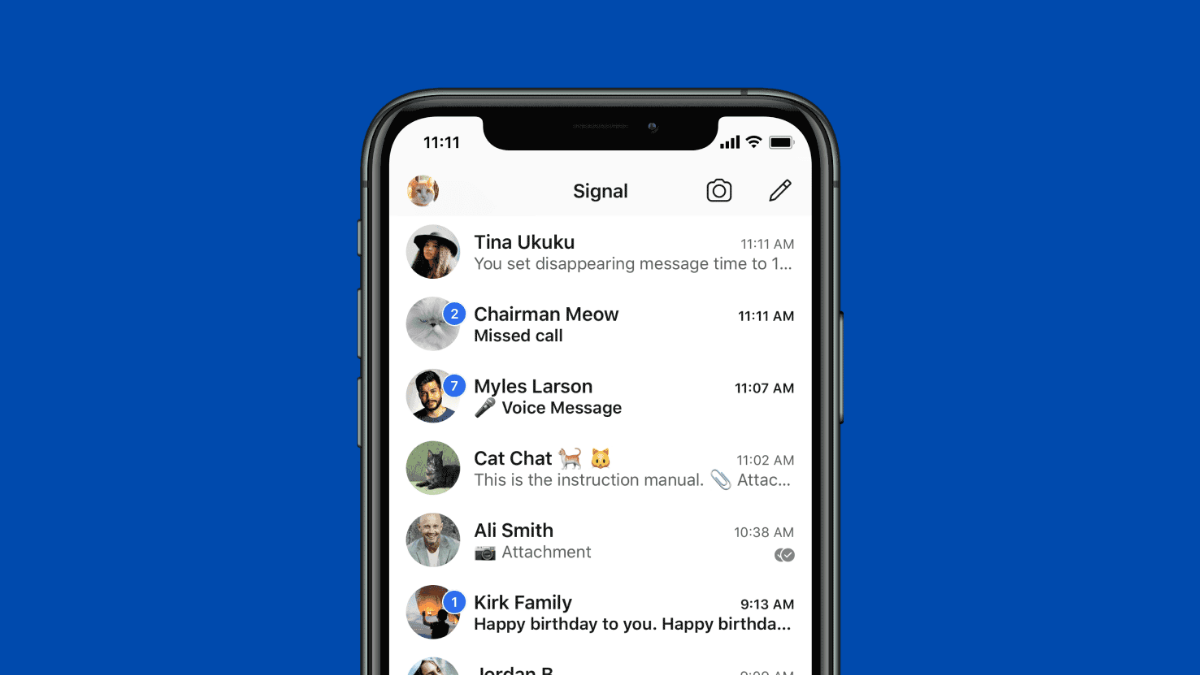
Signal was launched in 2014, at around the same time Facebook acquired WhatsApp but it wasn’t until 2018 when the Signal Foundation breathed new life into the service. Like its popular Facebook-owned competitor, Signal offers instant text messaging, voice and video calls, typing indicators, read receipts, and more.
Besides covering all the basics, Signal provides End-to-End Encryption, meaning the messages that are sent between you and someone else can only be read by the two of you. The encryption is based on the Signal Protocol which is the same that powers other messaging services in the market including WhatsApp, Facebook Messenger, Skype, and Google Allo.
You can read more about Signal and take a look at its privacy options in the post we have linked below:
➜ Signal App Review: Privacy and Permissions Explained
How is it different from WhatsApp and Telegram?
Signal was developed by the Signal Foundation, a nonprofit organization that’s spearheaded by Moxie Marlinspike (CEO) and Brian Acton (Executive Chairman). In case you didn’t know, Acton was also one of the co-founders of WhatsApp, who left the Facebook-owned company in 2017 and funded Signal with a $50 million contribution of his own.
In many ways, Signal offers everything that WhatsApp does like the same encryption technique that runs across all the elements including messaging, calls, and file-sharing. However, it does all that without sharing your data with any other entity like WhatsApp does with Facebook. Signal also collects far lesser data than WhatsApp for it to work and this data isn’t linked to your identity which is something WhatsApp does. Signal’s only limitation is that it doesn’t store cloud backups and users will have to rely on local backups to recover their chat history.
Related: How to Enable Screen Lock on Signal: Use Fingerprint, Touch ID or Face ID
Unlike the earlier comparison, Signal has vast differences from Telegram. Although both of them collect lesser data than WhatsApp, Telegram relies on the MTProto protocol which offers client-to-client encryption but only for Secret chats, voice and video calls, and file sharing. Regular text messages are not end-to-end protected. Signal doesn’t offer cloud-based messages like Telegram, which can retrieve all of your chat histories from any device you’re logged in with at any point in time.
To know more differences between these three apps, check out our detailed comparison in the link below:
➜ Signal vs WhatsApp vs Telegram: Privacy, Permissions, Data Collection, and More
What is Signal used for?
Owing to its many privacy-centric features, Signal can be used for a bunch of reasons, some of which we’ve managed to elaborate on below.
Send text messages to individuals and groups privately
Just like SMS, the Signal app can be used to send text messages to other individuals whose phone numbers you have saved as contacts on your smartphone. Since all of your communication is end-to-end encrypted on Signal, only you and the person you’re sending messages to can have access to that particular conversation.
For this communication to be secure, Signal uses keys that are stored on the user’s devices instead of a server, which are then compared to the receiver’s key fingerprints so that the message is sent to the actual verified person.
The same level of encryption is also incorporated when using group chats on Signal. You can send and receive text messages and communicate with others in a group thanks to the service’s group chat protocol that combines both multicast encryption and pairwise double ratchet.
Related: How to Hide Name and Content in Notifications on Signal
Make Encrypted Audio and Video calls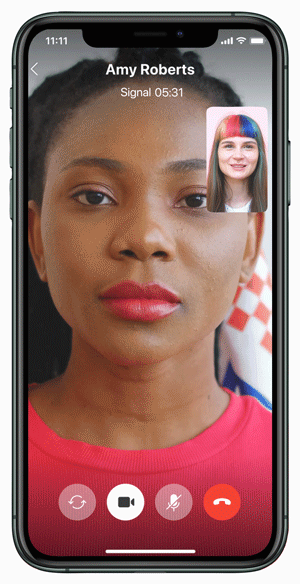
The end-to-end encryption technique used for text messaging is also implemented when making private one-to-one and group audio and video calls on Signal. This way, you can call someone or a bunch of your friends and family in real-time over WiFi or cellular data for free (with data charges applied).
Voice and video calls can be performed both domestically and internationally and you can talk to as many as 8 people at a time using the group call functionality.
Share files with others in confidence
In addition to text messages, group chats, and audio/video calling, Signal also lets users share files, pictures, videos, voice notes, and documents to other Signal users privately without worrying about any of that being monitored by those outside of the conversation.
You don’t have to give Signal access to your library all the time and can revoke it after sending messages without that hampering the way you use the app. Since there’s no slot for third-party transactions, this data along with all of your other communication remains secure.
Send confidential messages with limited viewing time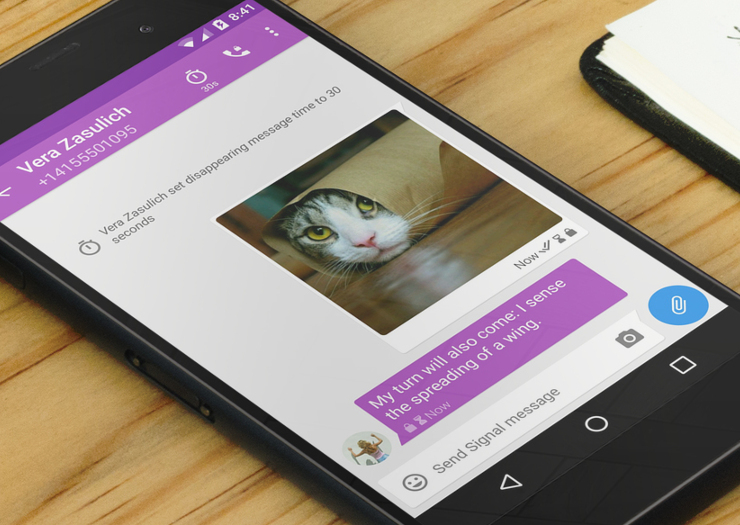
You might have come across disappearing messages on WhatsApp, Telegram, and Instagram. Similar to that, Signal also lets you send messages that you can set timers to, and after the specified duration, the messages will cease to exist and will be deleted from both the sender’s and receiver’s devices.
This feature can be used to send confidential files and messages that you don’t want to be exploited by anyone outside of the conversation’s reach. You can set the time interval for auto-deletion anywhere between 5 seconds and 1 week and your message will start the self-destruction timer once the receiver reads the message.
Blur faces of people in public photos
Encrypted communication aside, Signal offers a face-blurring tool that can be enabled on iOS and Android phones to quickly blur the faces of individuals when sharing pictures on the messaging service. With the Blur option turned ON, Signal will be able to detect faces in a picture and add a blue effect to them so that pictures are more private when being shared in numbers.
Has Signal been used wrongfully?
Like any other piece of technology that exists out there, Signal’s encryption and privacy tools can also be used in ways that can harm someone else. On one hand, Signal can be used to keep your conversation private between you and your family members. The same privacy feature can also allow a terrorist the means to communicate without being surveilled.
The most recent examples of Signal’s wrongful use happened last week as private chatrooms of Signal and Telegram were suspected to have been the means of communication between members of QAnon conspiracy theorists and supporters of President Trump who went on to storm Capitol Hill.
Since conversations on Signal cannot be monitored like other social media platforms, these groups were able to share harmful content at a significant scale and others could openly discuss them without getting suspended from the platform.
Prior to this, a group of terrorist suspects was found to be using Signal’s encrypted communication to send secret messages and stay in touch.
In 2018, Signal was one of the platforms that were discovered as the medium that was used by white supremacists to plan the Unite the Right 2 rally that happened in August 2018 at Lafayette Square, Washington, D.C.
The fact that Signal itself can’t read the messages sent on its own platform also brings out the possibility that its wrongful use can also not be moderated anytime soon.
Should you use Signal?
Yes. For the most part, you and your data are safe on Signal more than it ever would have been on WhatsApp or Telegram. If privacy is of sole importance to you, you shouldn’t look elsewhere as Signal is the one to offer the best encryption protocol that covers all forms of communication within the app.
It also doesn’t collect any of your data and doesn’t store chat backups on the cloud; meaning none of your chats can be leaked or exploited. More than everything, it’s just Signal that’s offering you its service, unlike WhatsApp which is managed by Facebook and plans to share user data with its parent company.
So, yes, we’d absolutely recommend you Signal if you wish to switch away from WhatsApp.
RELATED
- How to Stop PIN Reminders on Signal and Why Do You Get Them
- How to Hide Your IP Address During VoIP Calls on Signal
- How to Migrate From WhatsApp to Signal
- How to Block and Unblock Someone in Signal
- What is Signal App’s Stock Name? What is Signal Advance?
- Does Signal Have a Web Client?

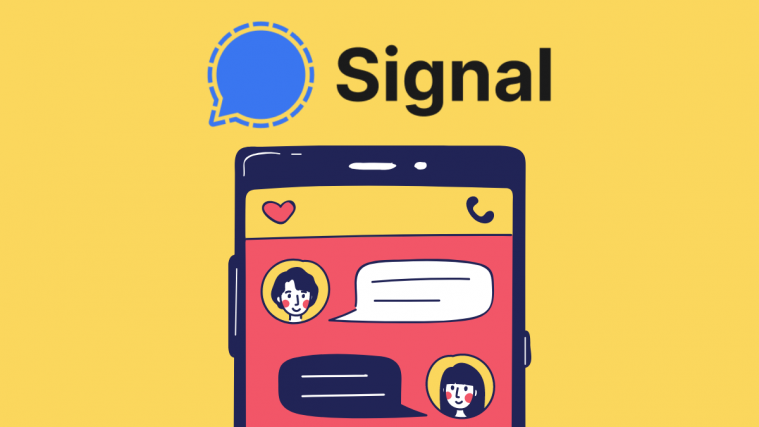



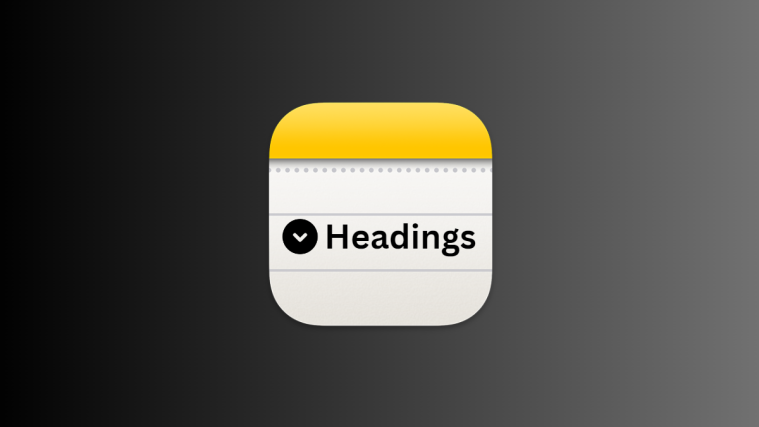
Signal is an encrypted app that lets you send messages and make calls via the Internet. Signal’s USP is its focus on privacy. It supports group chats and group video calls too same like Whatsapp, Skype, Zoom, Gomeetnow etc.